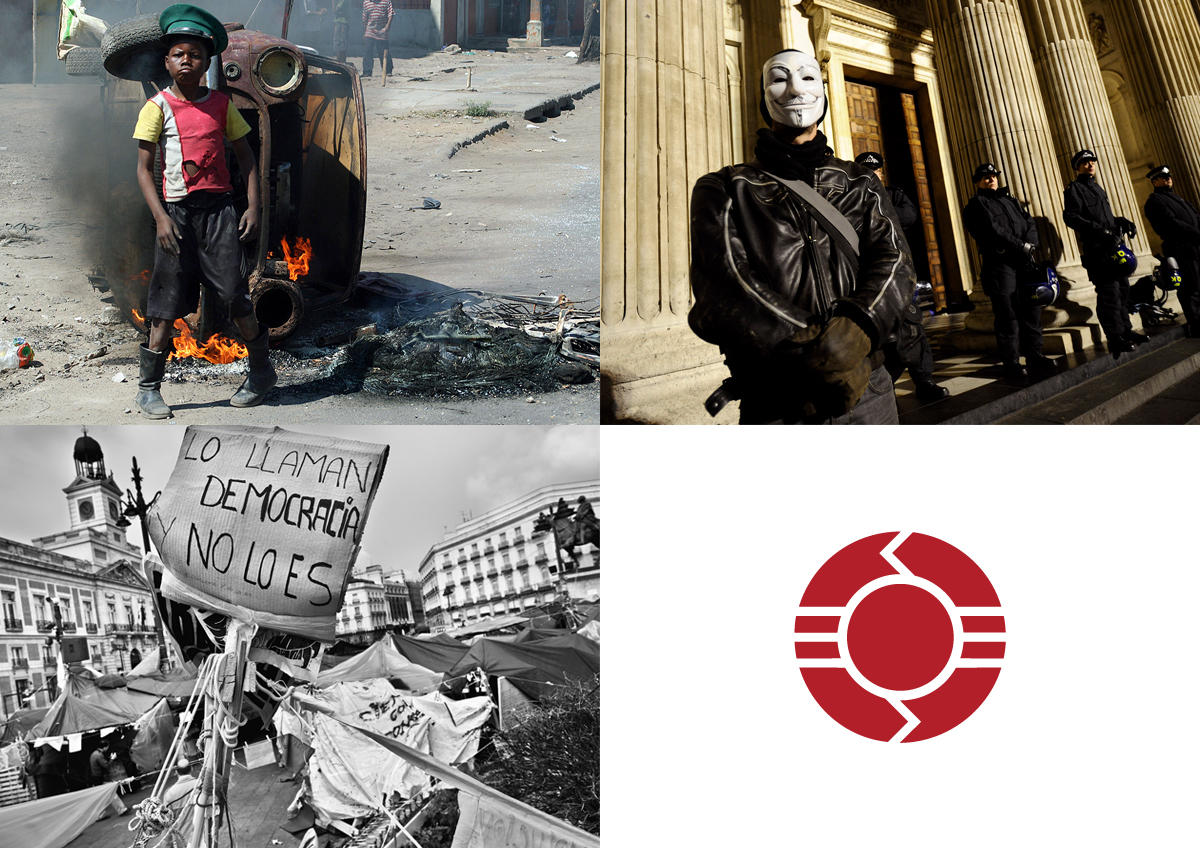Recent publications from the Egalitarianism researchers
The ERC Advanced Grant Egalitarianism: Forms, Processes, Comparisons is entering its final project year and several important publications have recently appeared.

Hovedinnhold
Moral Anthropology: A Critique
Edited by Bruce Kapferer and Marina Gold
Project leader Bruce Kapferer and Marina Gold have edited a collection that examines the recent turn to morality in the social sciences. The trend is critically examined by anthropologists from different traditions and with different ethnographic backgrounds. In the introduction Kapferer and Gold outline the place of morality and ethics in the discipline and warn against the tendency to resituate anthropology inside the terms of Western liberal and moral philosophy; “very much implicated in currently renewed efforts for the imperializing hegemony of Western value” (p.11) instead of challenging that universalizing discourse.
Energy, Resource Extraction and Society: Impacts and Contested Futures
Edited by Anna Szolucha
Another significant publication is an edited collection about the impacts and contestation of energy projects. This book tries to rethink the traditional notion of impacts, beyond land use changes and emissions, to encompass changes in social relations, political institutions and culture.
- Energy, Resource Extraction and Society: Impacts and Contested Futures: forthcoming edited volume, Routledge
Special issue: Reimagining Wealth: Anthropological Explorations
Edited by Theodoros Rakopoulos and Knut Rio
This special issue of History & Anthropology looks critically at discourses that reduce wealth to questions of economy and accumulated capital. The various contributions to this volume – writing from India, Melanesia, Central Asia and Southern Europe – suggest that wealth includes an abundance of historically and culturally situated perspectives, none of them solely reducible to the transactional logic of economic exchange; the dreams people share of wealth without work or trade, the shared energy they enjoy from the rains, the rays of the sun or running water, as well as their current concerns with criminal, hidden and opaque wealth that results from it being seen at a distance, their historical narratives about a commonwealth and traditional hierarchical orders.
